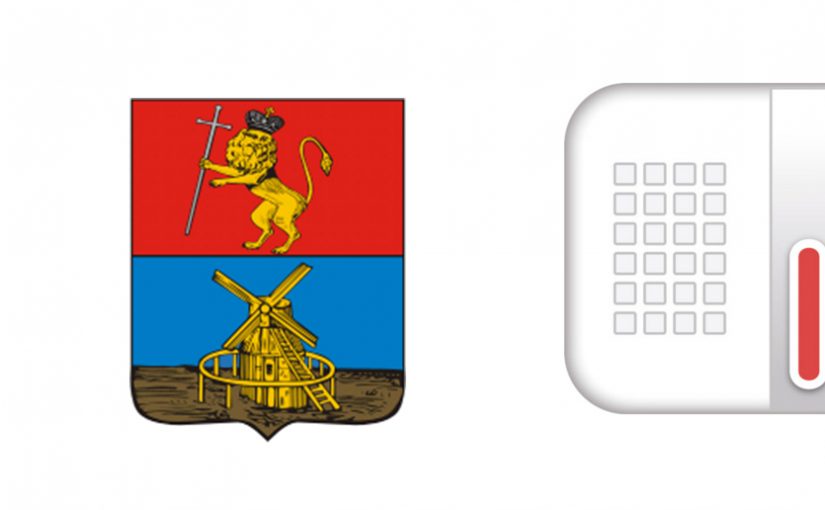Chrome App vs HTML5 gateway, which is the best for you?
An article comparing Chrome App vs HTML5 gateway
In practice, what is the difference between the 2X Chrome App[1] client and the HTML5 gateway[2] connection? I have been asked this question many times; this article is an attempt to give a complete and detailed answer. In a nutshell, the result might seem identical but under the hood there are two different worlds.
Let us first look at where and how one can deploy each technology. The 2X Chrome App[3] runs on any Chrome-compatible browser and on Chrome operating system. Here you need to install the application, so if you have restricted access you might not be allowed to install it. The HTML5 gateway[4] runs on any HTML5-enabled browser and does not require any installation.
The way in which the connection to your 2X Remote Application Server Farm[5] is set also differs. Since the HTML5 gateway[6] is accessed from one of the farm’s Secure Proxy Gateways there is no need for any additional configuration. The 2X Chrome App[7] requires standard configuration like all 2X native clients.
Now let us see what happens when you click the connect button. The 2X Chrome App[8] works exactly like the native clients: it first connects to the gateway and negotiates which server it should connect to, then establishes the actual session connection directly to the server, or tunnels the connection through the gateway depending on the connection mode. The HTML5 gateway[9] must connect to the same web server it has accessed and all data has to be encoded before it is transferred. This means that with HTML5[10] all data must be tunneled through the gateway HTML5[11] layer. Note also that to use HTML5[12] the Secure Proxy Gateway must have SSL enabled.
When using the 2X Chrome App[13], the clipboard will work like any standard desktop application – simply press CTRL+C and CTRL+V and you are done. On the other hand, when using the HTML5[14] gateway the user has to recopy the text copied from the remote server from within the application itself, due to browser restriction.
Another advantage when deploying Chrome apps is that the application can benefit from the use of native code, resulting in a faster and more efficient application. Although the current version of 2X Chrome App[15] does not make use of any native code, future versions will include this technology.
Chrome App vs HTML5 gateway – Conclusion
You should select which technology is the best for you based on your conditions of work. For instance, if you are using a public machine with limited permissions the HTML5 gateway[16] connection is the way to go, whereas the 2X Chrome App[17] is a better choice if you are using your personal Chromebook.
Chrome App vs HTML5 gateway [1] Making Chrome Even more Appealing http://chrome.blogspot.com/2011/10/making-chrome-even-more-app-ealin g.html/
Chrome App vs HTML5 gateway [2] True HTML5 RDP Direct For Chrome, OMG! http://anotherschwab.com/2013/04/13/true-html5-rdp-direct-for-chrome-omg/
